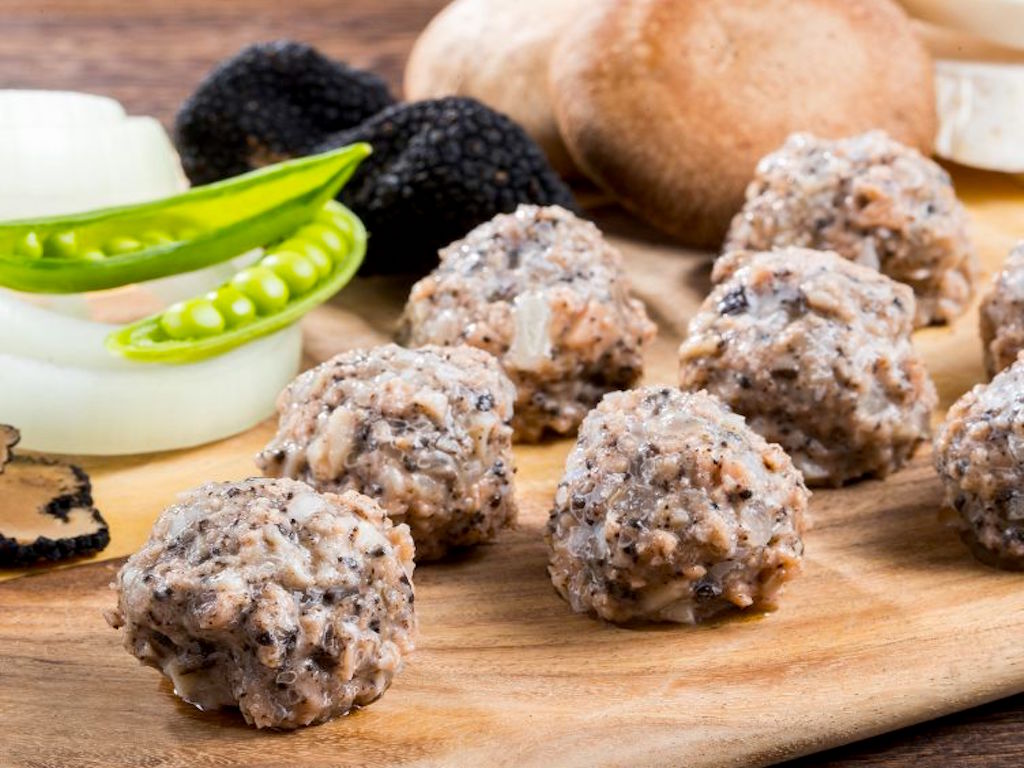7 Mins Read
Did you know that we’ve got a whole army of foodtech companies rising revolutionising our global food system right here in Asia? From using biotech and cell-based solutions to create “clean” meat, to making plant-based formulas for vegan-friendly meat, here are 8 Asian startups in driving serious change and making inroads in the fight for a healthier, more sustainable and safer food system.
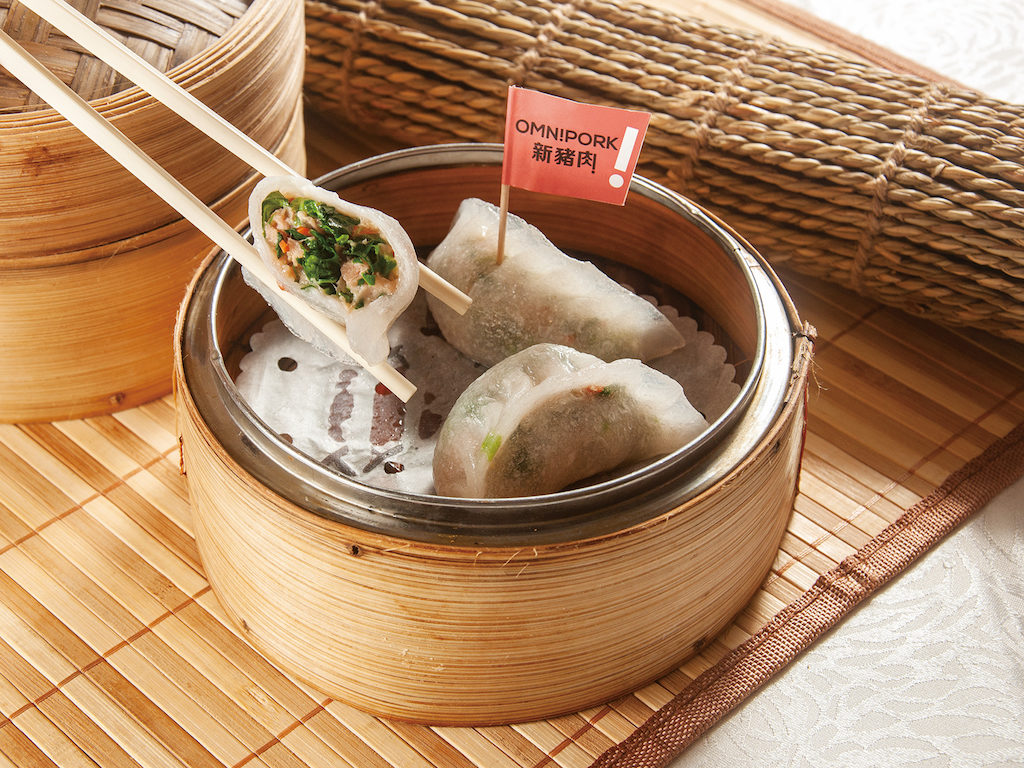
1. OmniFoods
Date founded: 2018
Founder(s): David Yeung
Based in: Hong Kong
Funding: Undisclosed
Product: OmniFood’s star product is the pork analogue Omnipork, a vegan-friendly alternative to mince that is made from pea protein, non-GMO soy, shiitake mushrooms and rice. Containing no alliums like garlic and onion, the product is Buddhist-friendly, and is free of cholesterol, antibiotics and hormones. It is currently commercially available to consumers through Green Common stores and various other supermarket retailers, as well as through many restaurants in Hong Kong, Singapore, Taiwan, Thailand and China through e-commerce site T-Mall.
Future developments: Having experienced incredible growth throughout Asia-Pacific, OmniFoods hopes to make Omnipork commercially accessible in even more locations across the region.
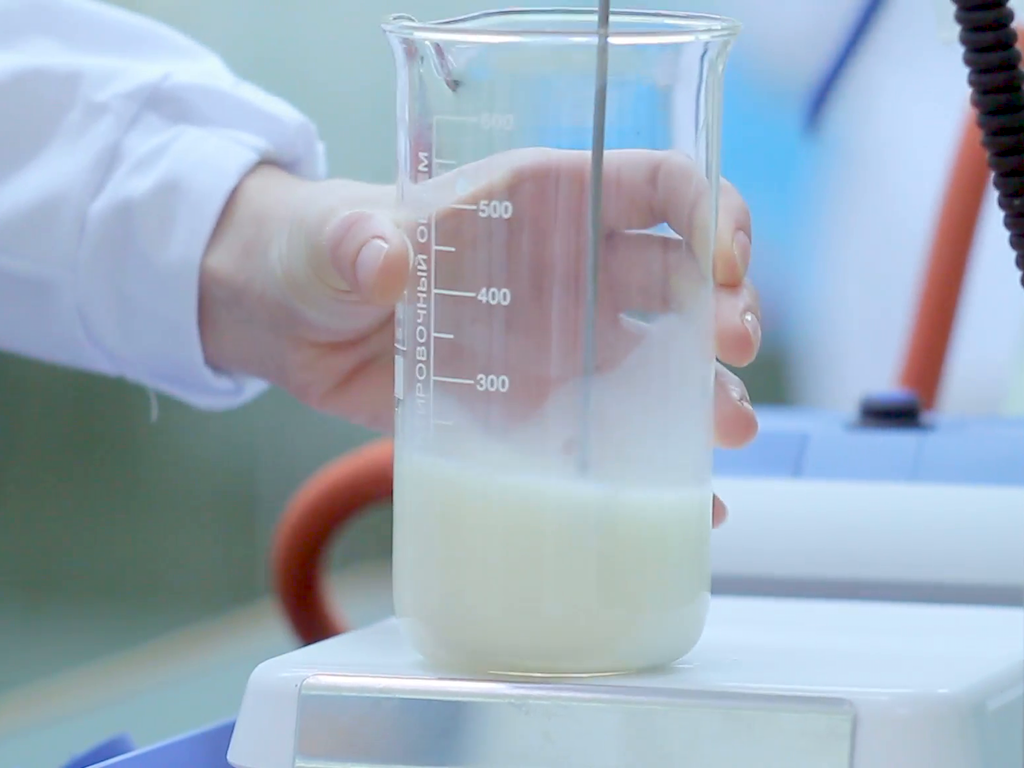
2. TurtleTree Labs
Date founded: 2019
Founder(s): Fengru Lin, Max Rye, Mkulima Britt & Rabail Toor
Based in: Singapore
Funding: Founders are self-funding to US$ 500,000 while they seek to raise from venture capitalists, and this upcoming cash injection would ideally last for 2 years until the company can generate revenue in their pilot projects.
Product: TurtleTree Labs is producing lab-grown dairy milk using biotechnology that recreates the exact composition, functionality and taste of cow’s milk, at a fraction of the carbon footprint when compared to conventional dairy farming. Their product, cell-based cow’s milk, can be used to make all kinds of other dairy products, such as baby formulas, cheese, butter, yogurt and cream.
Future developments: While the company is still in their initial stages of product development, they are aiming to create a full glass of cow’s milk in their labs by early 2020 and launch their pilot facility with industry partners in Singapore by the end of next year. Ultimately, the startup wants to support Singapore’s food security goal of producing 30% of the city’s nutritional needs, and are even hoping to apply their biotechnology to recreate other types of milk.
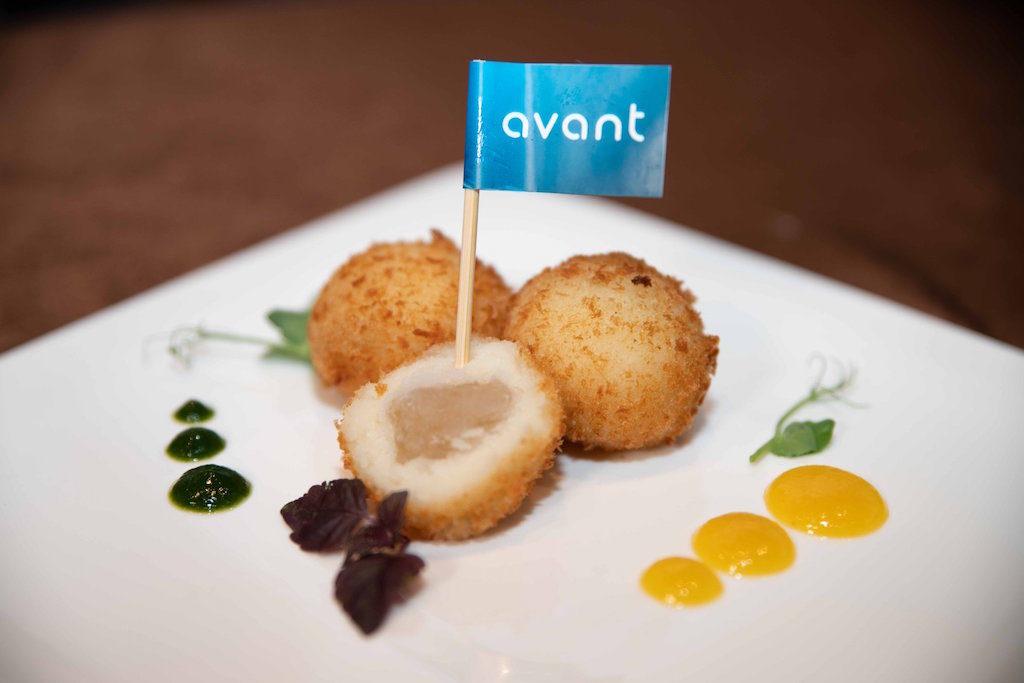
3. Avant Meats
Date founded: 2018
Founder(s): Carrie Chan & Mario Chin
Based in: Hong Kong, with operations in Greater Bay Area of China
Funding: Personal contributions from co-founders and a small pre-seed round supported by two VCs and one family office.
Product: Avant Meats is developing more sustainable cell-based fish maw or “swim bladder” and sea cucumber. Using cellular biotechnology, the startup hopes to meet the local demand for both seafood products, which are prized culinary delicacies in traditional Chinese cuisine. Not only will this tackle the unsustainable nature of conventional fishing for the delicacy, which has depleted key species in the region, it also solves the rampant issue of traceable origins and safety. Currently, they are able to scale up a fish cell into a fish maw product within 6 weeks.
Future developments: Avant Meats’ initial offering of cell-based fish meat and fish maw is set for 2023, and they plan to launch it in Hong Kong and Guangdong. They hope to be able to cultivate the seafood meat of other Chinese aquatic delicacies in the future, and will potentially look at launching in Singapore and Malaysia as well.
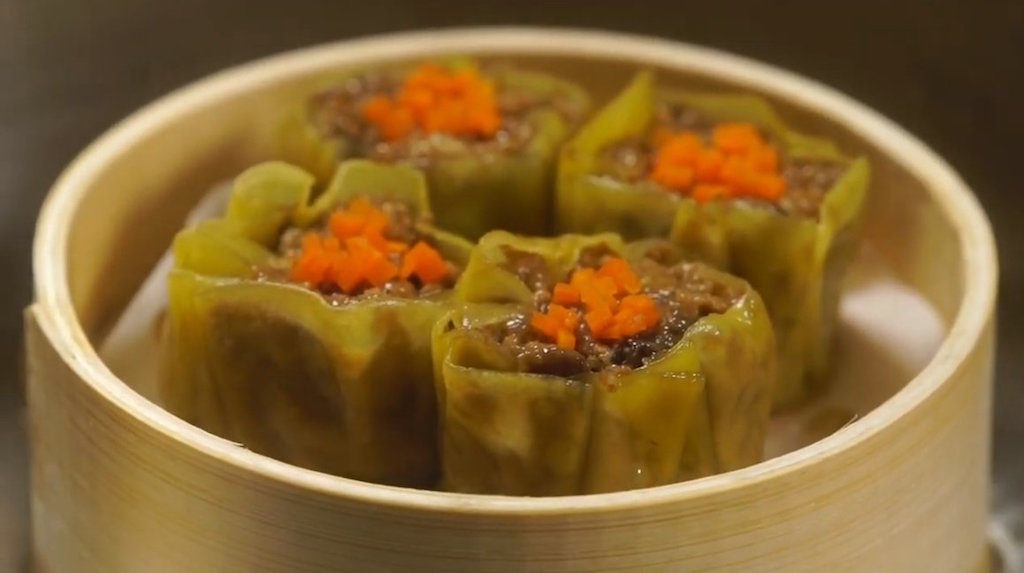
4. Shiok Meats
Date founded: 2018
Founder(s): Dr Sandhya Sriram & Dr Ka Yi Ling
Based in: Singapore
Funding: Raised US$4.6 million in their seed round in April, with support from Big Idea Ventures, Aera VC, Beyond Impact, and Boom Capital, Y Combinator. In their latest round, Shiok Meats attracted more funding, including US$ 500,000 investment from Agronomics, to reach a total of US$ 5.3 million.
Product: Shiok Meats uses cellular technology to harvest lab-grown seafood that is a more sustainable alternative to traditional seafood farming. Currently, they are focused on their cultivated shrimp product, which has already been sampled in the highly popular Asian dish, shrimp dumplings.
Future developments: Recently accepted into the US-based accelerator Y Combinator, the startup is planning on making their cultured shrimp commercially available in supermarkets in 2020. They are working on harvesting cell-based crustacean meat as well, such as crab and lobster.
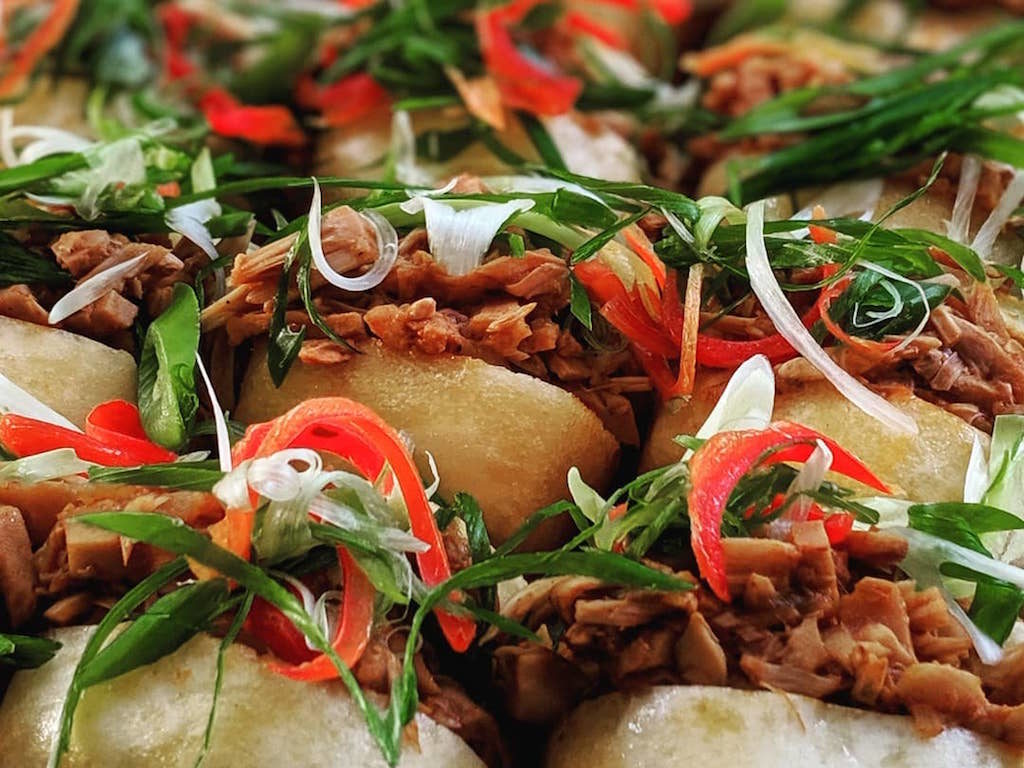
5. Karana
Date founded: 2018
Founder(s): Dan Riegler & Blair Crichton
Based in: Singapore
Funding: Currently raising US$ 1.5m seed round with a seed round by Big Idea Ventures.
Product: Karana is using the regionally abundant young jackfruit to create a whole foods and vegan-friendly meat alternative that works well in classic Asian dishes. The unprocessed fruit is harvested at a young stage, and is tech-optimised with natural flavours to create a user-friendly product that has a stringy texture akin to pulled pork or chicken, which makes it an ideal substitute for recipes that require meat fillings, like dumplings. Unlike other plant-based alternatives on the market, Karana’s product is minimally processed, and is naturally high in fibre, vitamins and potassium. Currently, their organic Sri Lankan grown Young Jack product, which comes in a glass jar, is on the market in Singapore as a beta product and available across a number of restaurants in the city.
Future developments: Karana is planning to roll out their ready-to-cook jackfruit meat alternative through more food service providers in Singapore, and are aiming to launch in Hong Kong with restaurant partners by the end of this year. In terms of product innovation, they are looking at micro-encapsulating fat into the young jackfruit, and are hoping to deliver a retail product for consumers too.
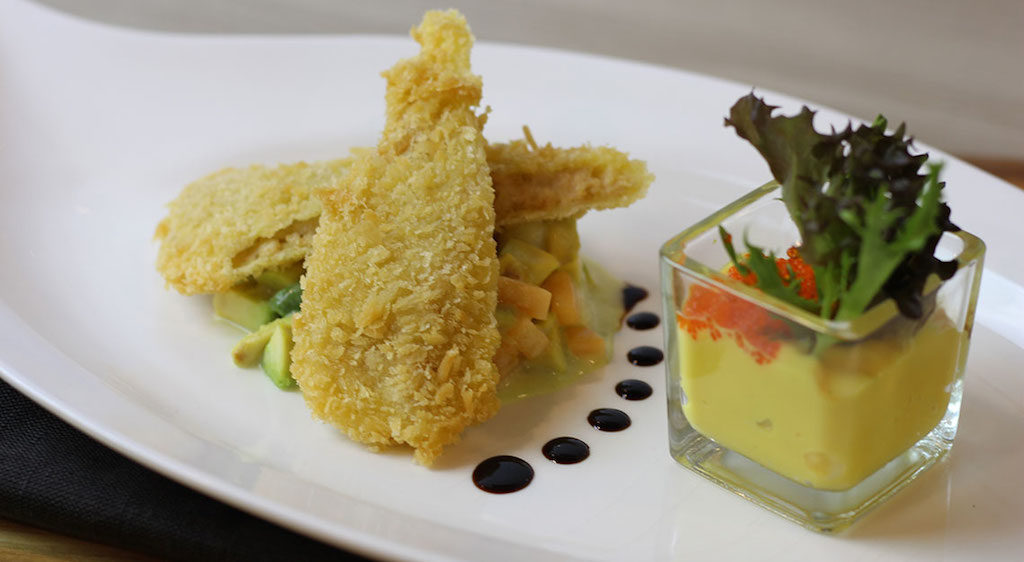
6. LIFE3 Biotech
Date founded: 2016
Founder(s): Ricky Lin
Based in: Singapore
Funding: Currently looking to attract US$ 740,000 in funding to set up a production facility.
Product: A foodtech startup from the National University of Singapore (NUS), LIFE3 Biotech uses natural plant-based ingredients to develop vegan-friendly meat alternatives. Their flagship product is a vegan chicken replica called Veego, which is made from legumes, grains, non-GMO soybeans and lentils. According to Lin, a serving of Veego contains at least 18 grams of protein, is high in fibre and is gluten-free. They have also created a faux prawn alternative called Seago, which uses similar plant ingredients to replicate.
Future developments: For now, both Seago and Veego are not yet launched on the market. The agritech startup has just revealed a research partnership with Temasek Polytechnic’s Centre for Urban Sustainability to produce food-grade microalgae on a large scale in bioreactors, which will enable new recipes for plant-based seafood alternatives.
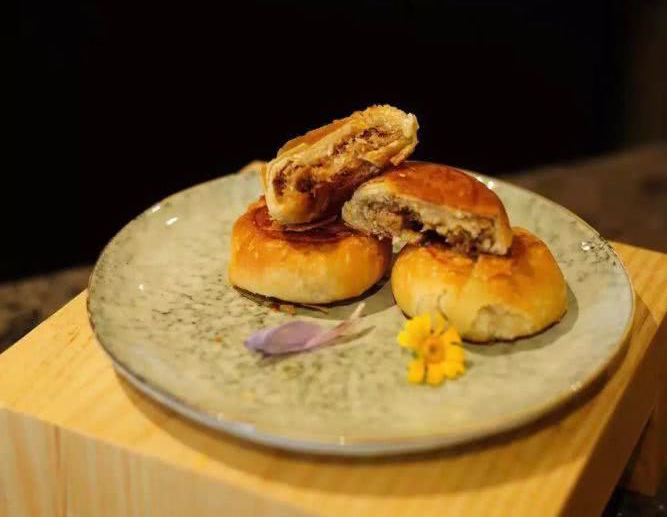
7. Zhenmeat
Date founded: 2018
Founder(s): Vince Lu
Based in: Beijing, China
Funding: Recently raised US$ 700,000 (RMB5 million) in a seed round with support from angel investor Wang Zhan and the team’s own funds. Big Idea Ventures has also invested in Zhenmeat.
Product: Zhenmeat has developed a number of vegan-friendly meat substitutes made from pea protein, fungus, cellulose, coconut oil and various natural flavour extracts and spices. Their products are catered to suit traditional Chinese cuisine dishes, from their plant-based pork mince or filling that can substitute real pork in recipes to their ready-made consumer products such as mooncakes, sausages, pork jerky and meatballs. Their products are currently sold online, and through various restaurant partners in China.
Future developments: According to Lu, Zhenmeat currently has no plans to expand overseas. They will instead focus on launching new ready-made products such as vegan dumplings, patties, and XO sauce in mainland China.

8. Phuture Foods
Date founded: 2018
Founder(s): Jack Yap & Jin Yin Lim
Based in: Malaysia & Hong Kong
Funding: Earlier this year, Phuture Foods attracted US$ 750,000 from Brinc, Artesian Capital, Big Idea Ventures and some individual investors.
Product: Phuture Foods has created a vegan mince pork substitute made out of wheat, mung beans and shiitake mushrooms. The pork alternative is also Halal-friendly to cater to the significant Muslim population in Asia, as well as Buddhist-friendly as it contains no allium ingredients, such as garlic and onion. Their plant-based pork mince is fortified with all 9 essential amino acids, vitamin B12 and iron, and is free from cholesterol and antibiotics.
Future developments: Phuture Foods has not yet made their product commercially available, but they hope to be able to launch in Hong Kong, Singapore, Malaysia and China soon. They are aiming to hit the price target of equal or lower than that of actual pork products, and are looking to obtain a kosher certification. Developments for chicken and lamb plant-based substitutes suitable for vegans are also underway.
Lead image courtesy of Right Treat / Megan’s Kitchen.

